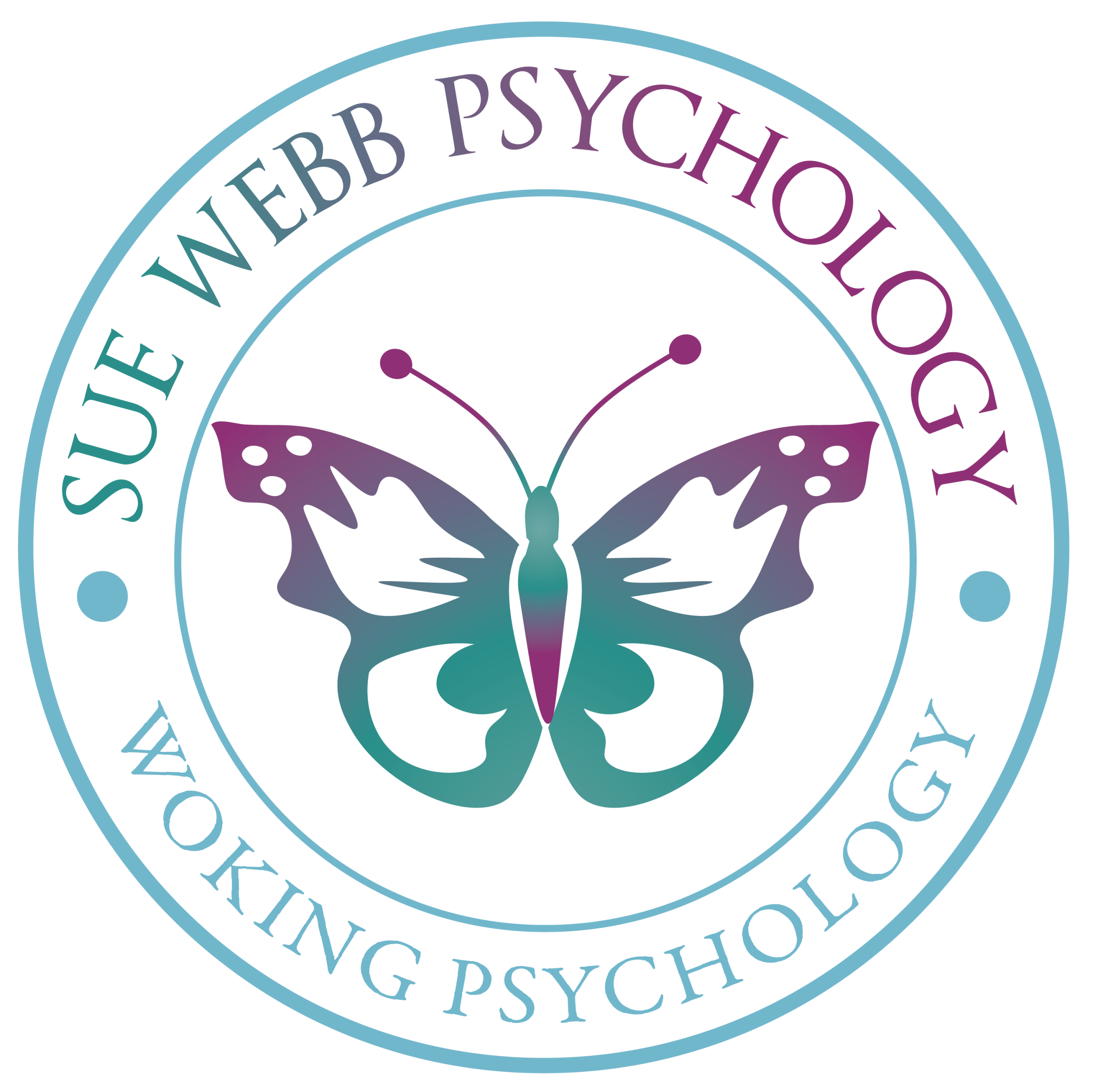Understanding Depression: A Spectrum of Emotional Turmoil
Depression is a pervasive mental health disorder, which shows itself as persistent feelings of sadness, hopelessness, and a lack of interest or pleasure in daily activities. It exists on a spectrum, encompassing various forms such as major depressive disorder, persistent depressive disorder, and bipolar disorder. The complexity of depression arises from its multifaceted origins, which can be influenced by biological, psychological, and environmental factors.
PTSD and Trauma-Related Depression:
Post-Traumatic Stress Disorder (PTSD) often coexists with depression, particularly in those who have experienced significant trauma. Trauma-related depression can stem from the lasting emotional and psychological impact of distressing events. Individuals with PTSD may grapple with intrusive memories, flashbacks, and a pervasive sense of fear, contributing to the development of depressive symptoms.
Postnatal Depression:
Postnatal depression is a distinct form of depression that occurs after childbirth. Hormonal changes, sleep deprivation, and the challenges of adjusting to parenthood contribute to this condition. Postnatal depression can affect both mothers and fathers and may hinder the bonding process with the newborn. Prompt recognition and intervention are essential, as untreated postnatal depression can have lasting effects on the well-being of both the parent and the child.
Reactive Depression:
Reactive depression, also known as situational depression, arises in response to specific life events or stressors. It could result from the loss of a loved one, financial difficulties, relationship issues, or other challenging circumstances. While these depressive symptoms are triggered by external factors, they can persist even after the initial stressor diminishes, requiring focused intervention to break the cycle.
Endogenous Depression:
Conversely, endogenous depression is believed to have a more biological origin, rooted in genetic and neurochemical factors. It can manifest without an apparent external cause and may be influenced by an imbalance of neurotransmitters in the brain. Individuals with endogenous depression may struggle with feelings of melancholy and a persistent lack of energy, often requiring a combination of therapeutic and pharmacological interventions for effective management.
Depression is not a one-size-fits-all condition; its presentation varies, and a comprehensive understanding of its diverse forms is essential for accurate diagnosis and treatment. Treatment approaches may include psychotherapy, medication, lifestyle changes, and support networks. In cases where depression coexists with PTSD, trauma-focused therapies can be particularly beneficial.
It is crucial to recognize the signs and symptoms of depression, irrespective of its specific subtype, as early intervention significantly improves outcomes. Seeking professional help, whether from a therapist, psychiatrist, or support groups, is a vital step towards managing depression and reclaiming a sense of emotional well-being. Addressing depression involves a holistic approach, acknowledging the intricate interplay of biological, psychological, and environmental factors that contribute to this complex and prevalent mental health condition.
Identifying Depression: Recognizing the Signs:
Recognizing depression involves paying attention to shifts in mood, behaviour, and overall well-being. If you find yourself persistently experiencing feelings of sadness, hopelessness, or a loss of interest in activities you once enjoyed, it could be indicative of depression. Changes in appetite, sleep patterns, energy levels, and concentration may also accompany depressive symptoms. Social withdrawal, irritability, and thoughts of worthlessness or suicidal ideation are additional red flags. If these symptoms persist for more than two weeks and interfere with daily functioning, seeking professional help is crucial for an accurate diagnosis and appropriate intervention.
Psychological Therapy for Depression:
Psychological therapy, particularly approaches like Cognitive-Behavioural Therapy (CBT), is a cornerstone in the treatment of depression. CBT helps individuals identify and challenge negative thought patterns, replacing them with more adaptive and constructive ways of thinking. It equips individuals with coping mechanisms to manage overwhelming emotions and provides practical strategies to navigate life’s challenges. In therapy, individuals explore the root causes of their depression, addressing underlying issues and developing skills to cope with stressors. The therapeutic alliance fosters a supportive environment, offering a safe space for expression and exploration. By promoting self-awareness and resilience, psychological therapy becomes a powerful tool in breaking the cycle of depression, empowering individuals to regain control over their lives and foster lasting emotional well-being.
Dr Sue Webb has worked as a Clinical Psychologist for over 35 years, successfully helping people with many different forms of depression to overcome their condition and live a normal life again. She works from her practice in Woking, Surrey, and uses a combination of techniques, including CBT, to gently help someone to get back on their feet again. Depression can be extremely lonely and frightening, and very hard to work through on your own. There is lots of help out there, and remember that you deserve as much help as possible, to get your mental and physical health back on track again.

